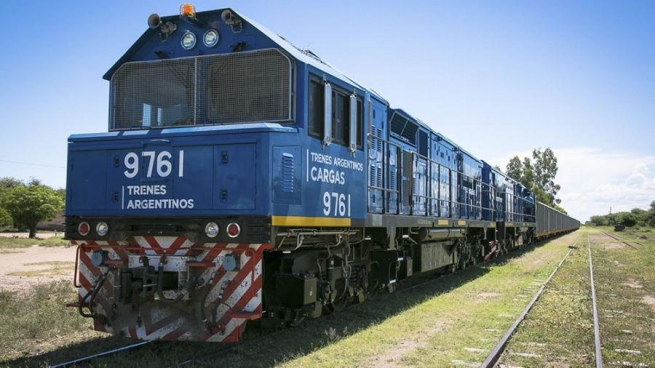The Minister of Citizenship, Ronaldo Bento, said today (17) that payroll-deductible loans by beneficiaries of Auxílio Brasil should begin by the beginning of September. After edition of the decree which regulated the granting of this loan, the Ministry of Citizenship works on complementary rules for the start of operations.
“We already have almost 17 financial institutions approved by the Ministry of Citizenship that are able to grant payroll loans. It is a number that shows the interest of the market in making credit available to this population”, he said, during a press conference at Palácio do Planalto.
Payroll loans are those granted by financial institutions with automatic deduction of installments from the salary or benefit payroll. Beneficiaries of Auxílio Brasil will be able to borrow up to 40% of the benefit amount and authorize the Federal Government to deduct the amount from the monthly transfers.
The social program has a minimum value of R$ 400, but from August to December of this year the benefit will be R$ 600.
extreme poverty
Minister Ronaldo Bento was accompanying the president of the Institute of Applied Economic Research (Ipea), Erik Figueiredo, who presented a study that evaluates the effects of the Auxílio Brasil Program on extreme poverty, the job market and food insecurity. the note Expansion of the Auxílio Brasil Program: A Preliminary Reflectionsigned by Figueiredo, was released last week.
According to IPEA, the United Nations (UN) forecast was that the Brazilian extreme poverty rate would jump from 5.1% in 2019 to 8.8% in 2022, but according to Figueiredo, the trend is the opposite, with the projection of a reduction in the extreme poverty rate to 4.1% in 2022. In 2021, 6% of Brazilians were in extreme poverty.
To arrive at this forecast, Figueiredo explained that Ipea considered adding 5.7 million families to Auxílio Brasil in 2021 and 2022. “Obviously this will have an impact on extreme poverty. We consider this increment based on more concrete data,” he said.
The study also says that the growth in the prevalence of malnutrition and food insecurity in Brazil has not impacted health indicators linked to the prevalence of hunger. “Between 2018 and 2021, the number of hospitalizations related to moderate and mild protein-calorie malnutrition, severe protein-calorie malnutrition, developmental delay due to protein-calorie malnutrition, kwashiorkor [deficiência de proteínas] and nutritional sluggishness showed a decrease”, informed Ipea.
According to the institute, the increase in the transfer of the program represented, between January and August, approximately 2.5 times the loss of income from work of poor families as a result of the covid-19 pandemic. In addition, according to Figueiredo, the growth of the social program boosted local economies.
“In all regions of the country, there was a directly proportional relationship in the amount of formal jobs generated and families added to Auxílio Brasil. On average, for every thousand families included in Auxílio Brasil, 365 formal jobs are generated,” he said.









